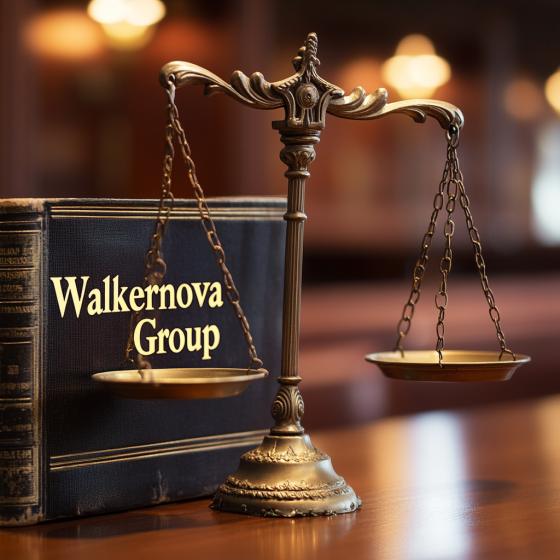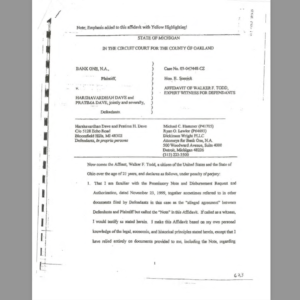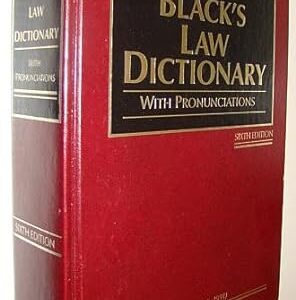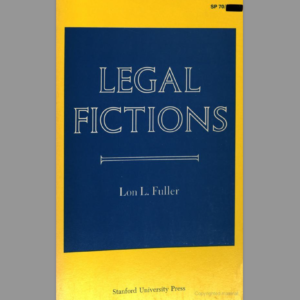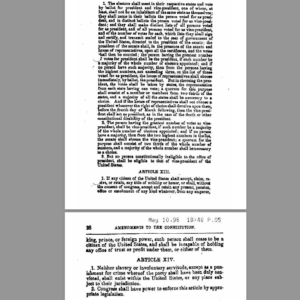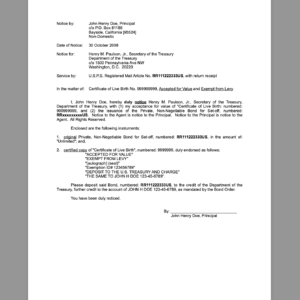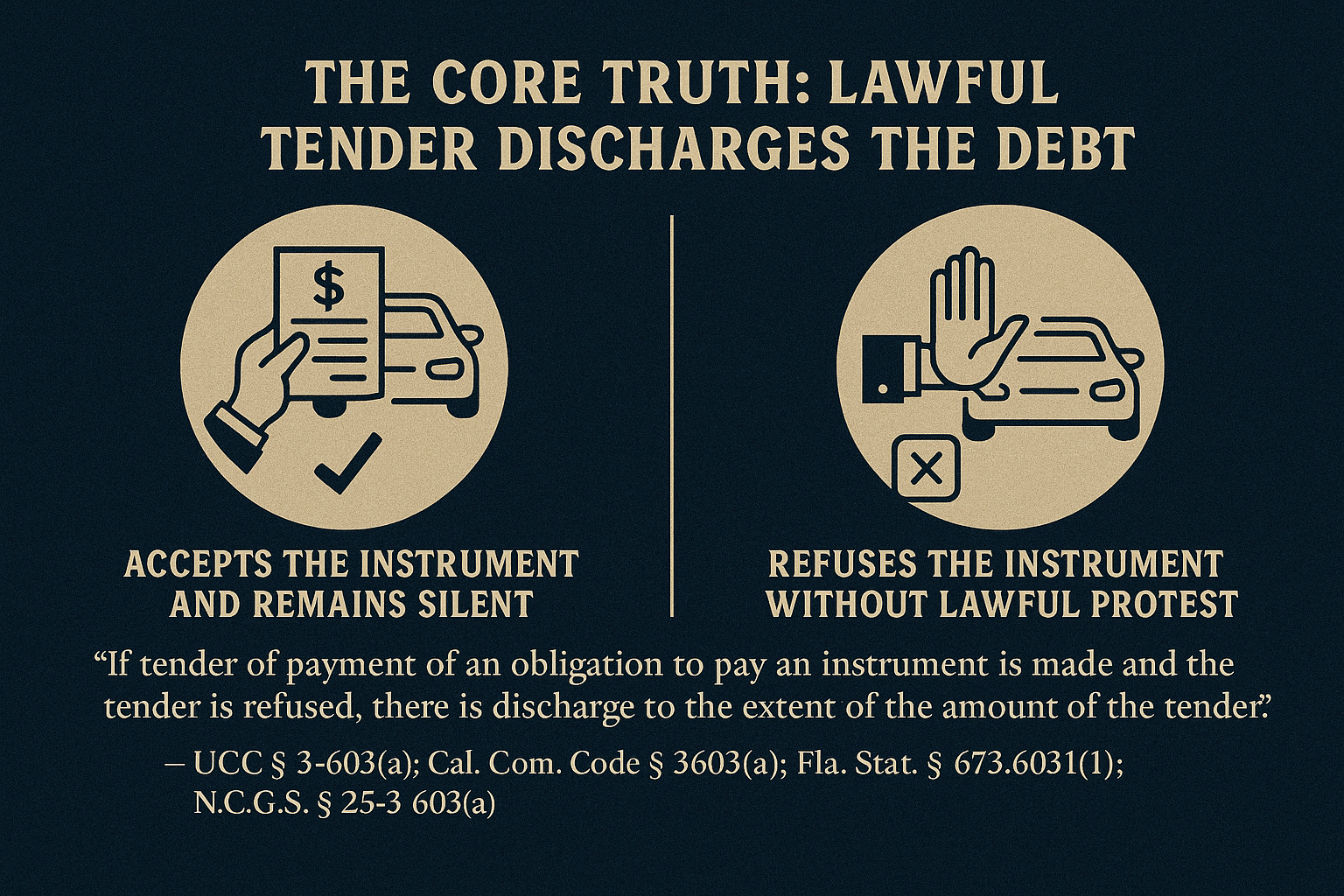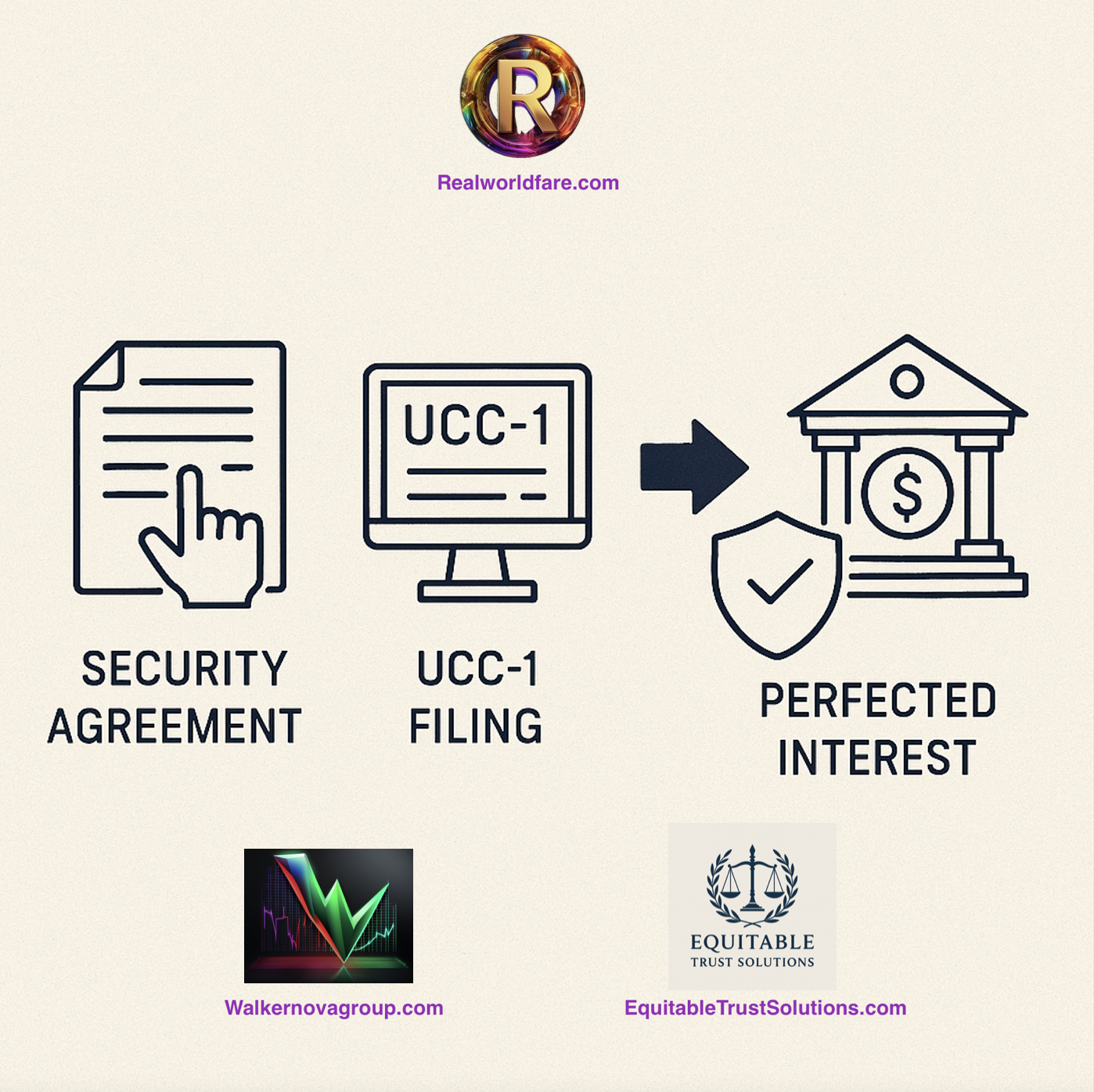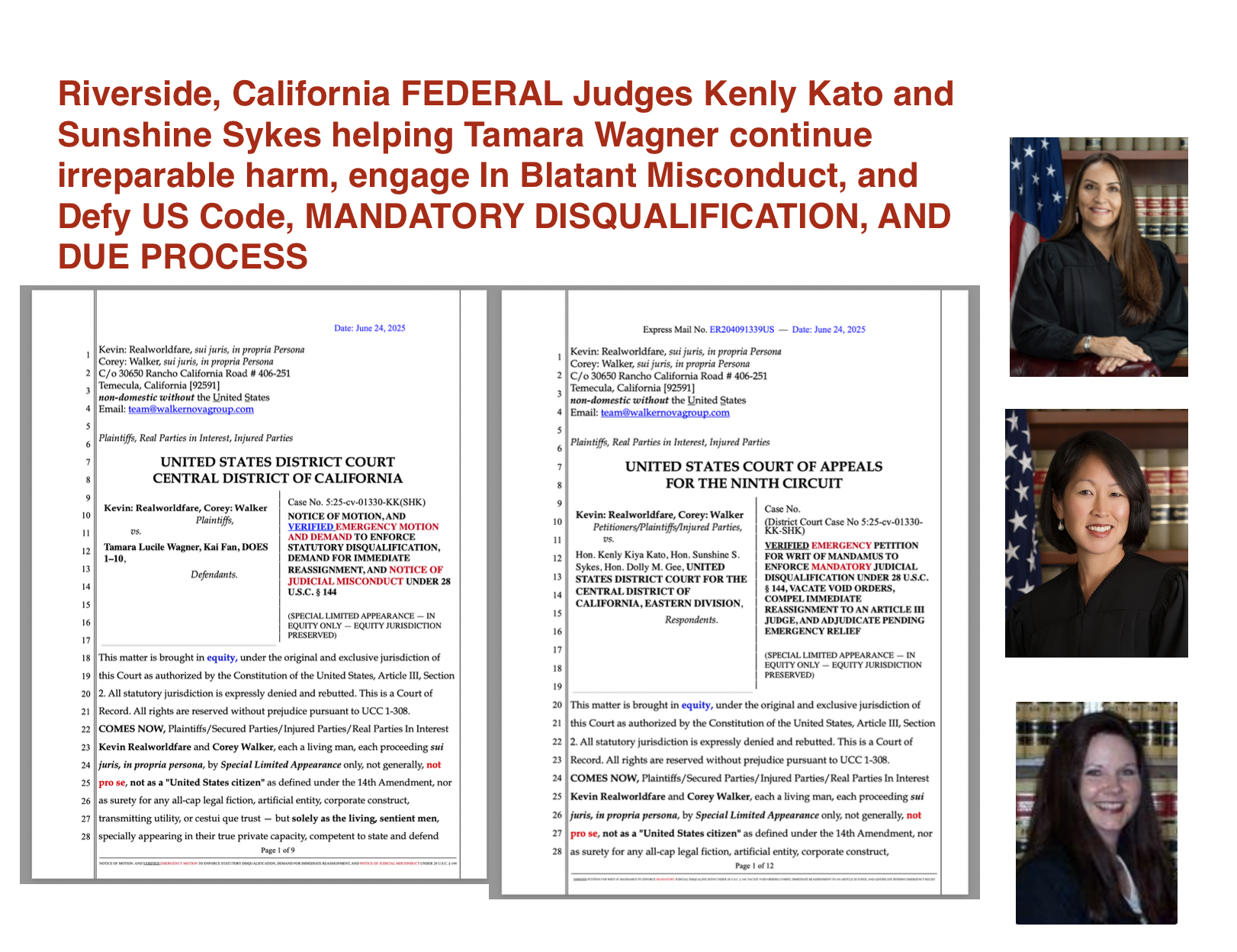The legal system, cloaked in exclusivity, has increasingly placed barriers between the average person and their fundamental rights. Licensing, regulations, and the monopolization of the legal profession restrict ordinary people from accessing justice. But is it truly lawful for states to convert inherent liberties into privileges reserved only for a select few?
The Constitution and well-established case law confirm that the practice of law is not meant to be confined to a licensed elite but is a common right accessible to all. Numerous legal rulings affirm this truth, clearly stating that no state can take a natural right and transform it into a restricted privilege reserved only for those licensed by the state.
The Legal Basis for the Common Law Right to Practice Law
The courts have consistently upheld the idea that practicing law is a common right. In Sims v. Aherns (1925), it was declared that “the practice of law is an occupation of common right.” This ruling means that anyone competent enough should have the right to assist others in legal matters. Restricting and licensing this right is an attempt by the state and legal institutions to monopolize and control access to justice.
Moreover, in Murdock v. Pennsylvania (1943), the U.S. Supreme Court unequivocally held: “No state shall convert a liberty into a license, and charge a fee therefor.” If any state attempts to do so, its actions are unconstitutional and void. This ruling confirms that the states have no authority to restrict the right of individuals to assist others legally.
In NAACP v. Button (1963), it was further stated that groups of “competent non-lawyers” have the right to assist litigants in seeking justice. Similarly, Brotherhood of Trainmen v. Virginia (1964) affirmed: “It is not only the right but the duty of non-lawyers to assist others in legal matters.” These rulings collectively establish that the right to practice law, access the courts, and defend oneself or others cannot be monopolized by the state or the legal profession.
Federal Law vs. State Law: Distinguishing Corporate Legal Activities
If we consider the Foreign Agents Registration Act (FARA) or similar federal acts that govern foreign or interstate business activities, corporations may engage legal representatives or attorneys to carry out activities that involve compliance with such laws. However, in the context of state-specific legal principles, like those established in People v. California Protective Corp. (1929), corporations themselves cannot practice law or directly hire lawyers to represent them in state-specific matters without meeting certain regulatory or licensing requirements.
The distinction here is between compliance activities under federal statutes and the general practice of law within state jurisdiction. Under FARA, corporations may register as foreign agents and hire attorneys for representation, but the state law principle remains that corporations, unless specifically allowed by federal legislation, do not independently practice law.
Attorney in Fact vs. Attorney at Law: The True Advocate
An “Attorney in Fact” is not the same by definition as an “Attorney at Law” or a “Lawyer.” While attorneys at law must be licensed by the state to practice within its courts, an attorney in fact is an individual empowered by another to act on their behalf under a power of attorney. The attorney in fact does not need to hold a law license, and their role is to protect and advocate for another’s interests, often standing outside the state-regulated legal system.
One shining example of this is Kevin of the Walker Family, an attorney in fact who has made it his mission to stand for those whose voices have been silenced. Kevin embodies the essence of opening one’s mouth for the dumb, as instructed in Proverbs 31:8: “Open thy mouth for the dumb in the cause of all such as are appointed to destruction.” Kevin stands as a beacon for how Americans should act—helping others, standing firm on constitutional principles, and exercising his common law rights to assist those who are deprived of theirs.
A Monopoly on Justice: The Exclusion of Non-Lawyers
By converting the practice of law into a licensed monopoly, the state and legal institutions exclude those who cannot afford legal education or attorney fees. This is unjust and discriminatory. According to Schware v. Board of Examiners (1957), “The practice of law cannot be licensed by any state.” Despite this ruling, states persist in restricting access, making it increasingly difficult for ordinary people to defend their rights.
Additionally, according to 28 U.S. Code § 3002, the “United States” is defined as: “(15) ‘United States’ means— (A) a Federal corporation.” This confirms that the United States, a corporate entity covering only 10 square miles in the District of Columbia, imposes corporate rules on those born in states outside this jurisdiction. These individuals, often referred to as “nationals” or “state citizens,” have been misled into believing they owe allegiance to a corporate entity when, in fact, their allegiance is to their state. This corporate overreach into individual liberties is unlawful and unconstitutional.
The Bible’s Warning: Woe Unto Ye Lawyers
Even the Bible addresses the injustice caused by those who manipulate the law. In Luke 11:46, it says: “Woe unto you also, ye lawyers! For ye lade men with burdens grievous to be borne, and ye yourselves touch not the burdens with one of your fingers.” This verse directly condemns those who monopolize and twist the law for personal gain, making it burdensome and inaccessible for common people.
Proverbs 31:8 further instructs: “Open thy mouth for the dumb in the cause of all such as are appointed to destruction.” This command speaks to the duty of those who understand justice to speak out for those who cannot defend themselves. Kevin of the Walker Family exemplifies this duty, showing that one does not need to be a licensed lawyer to stand up for others and ensure their voices are heard.
Standing Up for Liberty: The Path Forward
It’s time to reclaim the practice of law as a fundamental right, as supported by the Constitution and long-standing court rulings. The state cannot lawfully restrict or monopolize a common right, and the Constitution provides every individual the right to participate in legal proceedings, represent others, and access justice for their communities.
The modern legal system has been structured to serve the interests of those in power, but remedies exist for those who understand their rights. Education and standing firm on these principles are crucial. The practice of law belongs to all people—not just the privileged few.
To build a just society, we must uphold these truths and demand that the legal system respect constitutional and natural rights for all individuals. It is about defending not just one’s own rights but the rights of every person to ensure justice is accessible to all. The power to change the system lies within each of us if we are willing to stand and fight for what is right.
